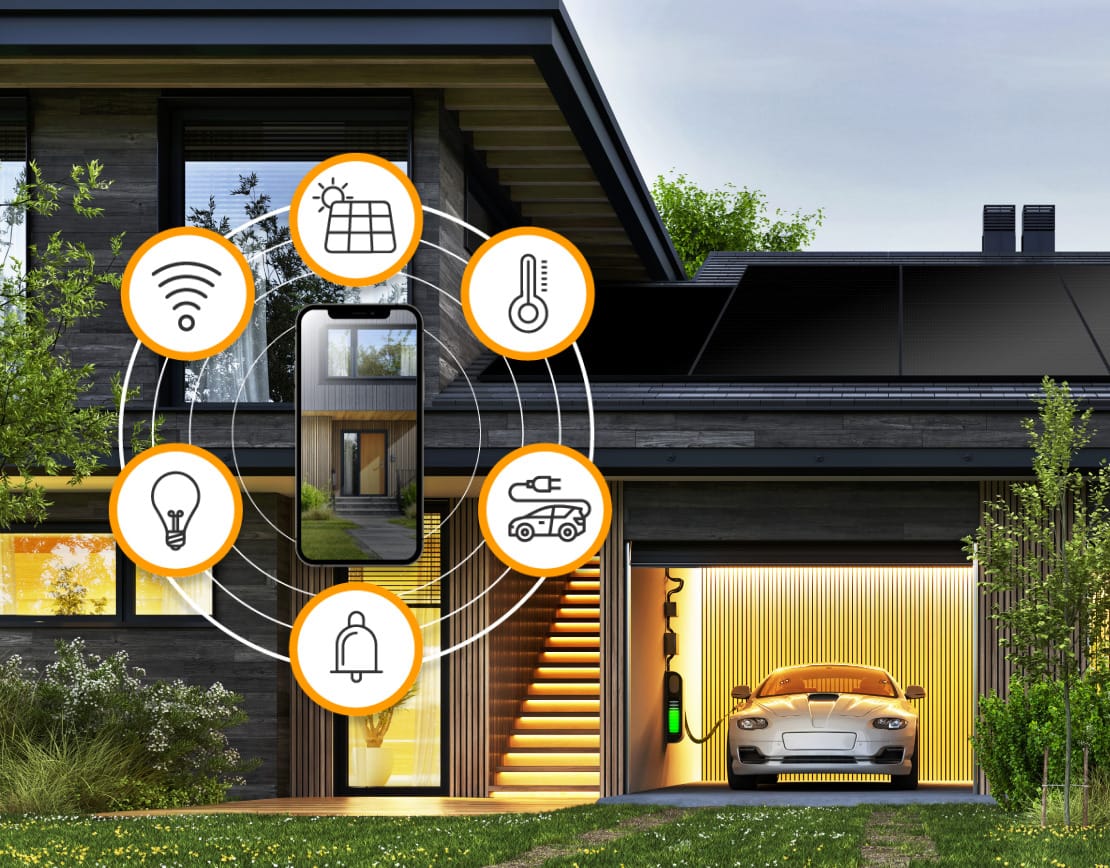Homeowners who install solar panels typically achieve payback on their system in 5 - 7 years, and continue to save for the life of the system, which typically lasts 20 to 25 years. There are many reasons why taking on this major investment is a good move like saving money, meter running, etc.
Saving From the Start
If your location has high electricity rates compared to other regions, your energy savings will be higher. The homeowners can save upwards of 80% per electric bill with solar. If your state or local government offers cash rebates, tax credits or incentives, you will save even more! For example, in the state of California, you can receive a 30% tax credit for going solar
Net Energy Metering
Net energy metering (NEM) allows you to sell your excess energy. On average, this is around 20 to 40 percent of a solar system’s output. This further reduces your energy bills, and in many cases, eliminates them all together.
If you live in states such as Delaware, Maryland, or Massachusetts to name a few, you can sell the solar renewable energy certificates (SRECs) your panels produce. Doing this further increases the value of your solar system.
Tax Credits
The U.S. government offers a federal investment tax credit (ITC) of 30 percent for installing a solar system. The tax credit applies to both residential and commercial properties, making it worthwhile to install a solar system if you are a whether you're a resident or business owner. Your state government or utility company might also offer a cash rebate.
Increased Property Value
Your solar system significantly increases your property value. Buyers are willing to pay for a home with solar panels because they know that in the long run, they are going to save big on their electric bills. Typically, adding a solar system to your home can increase your property value by more than the net cost of the system.
Sources:
https://www.energysage.com/solar/cost-benefit/solar-energy-savings/
https://www.seia.org/initiatives/net-metering



